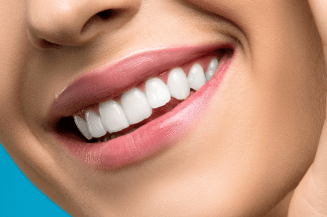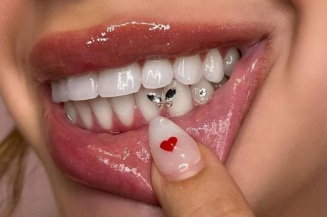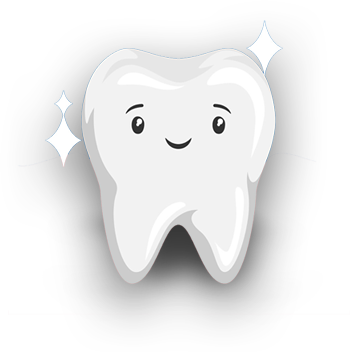Dental tattoo or jewellery is a trendy new accessory that allows you to express your individuality through your smile. We can place a jewel of your choice on the tooth you select, making your smile unique and fashionable. At The Dental Cure, we specialize in tooth jewellery, offering you the chance to enhance your smile with this stylish and personalized touch. For the best tooth jewellery dentist in Gurgaon, trust our expert team to help you shine.


Talk To A Dentist


Wondering What Is Best For You ?
They are a small rhinestone jewel, which is attached to the surface of a tooth using an adhesive. Some are small stones in the center of the tooth, other times people elect to place a jewel-encrusted cap over their teeth.
HOW LONG DOES A TOOTH GEM STAY ON FOR?
A tooth jewel applied according to our instructions on a natural tooth will last from 1- 6 weeks if you opt for a temporary placement. If you prefer to have a semi-permanent placement, your tooth jewel will stay on until you decide to have it removed by your dental professional.
At The Dental Cure we do tooth jewellery at a reasonable price and we are always changing with trends, we can even place a piece of real jewellery on your tooth. We help you to bring your style to your teeth.
Adding dental tattoo or jewellery is a simple and painless procedure that can make your smile unique and fashionable. Here’s how it works:
At Dental Cure India, we make sure the procedure is quick and comfortable, allowing you to express your individuality through a sparkling smile. For the best tooth jewellery dentist in Gurgaon, trust our expert team to help you shine.



Q: What is tooth jewellery?
A: Tooth jewellery is a cosmetic dental procedure where a small jewel is bonded to your tooth, adding a unique and fashionable touch to your smile.
Q: Is the procedure painful?
A: No, the procedure is completely painless. It involves cleaning the tooth, applying an adhesive, and bonding the jewel to the tooth.
Q: How long does the procedure take?
A: The entire process typically takes about 15-30 minutes, depending on the complexity and the number of jewels being applied.
Q: Will the jewel damage my tooth?
A: No, the jewel does not damage your tooth. It is bonded to the surface using a special adhesive and can be removed without harming your tooth.
Q: How long does the jewel stay on?
A: With proper care, the jewel can stay on for several months to a few years. It depends on your oral hygiene and habits.
Q: Can I remove the jewel if I change my mind?
A: Yes, the jewel can be easily removed by a dentist without causing any damage to your tooth.
Q: Will the jewel affect my daily activities?
A: No, the jewel is small and should not interfere with eating, drinking, or brushing your teeth. You may need to avoid hard or sticky foods to ensure it stays secure.
Q: Is tooth jewellery safe?
A: Yes, tooth jewellery is safe when applied by a qualified dentist. At Dental Cure India, we ensure the procedure is done hygienically and safely.
Q: How do I care for my tooth jewellery?
A: Maintain good oral hygiene by brushing and flossing regularly. Avoid using your teeth to bite hard objects and visit your dentist regularly to check the condition of the jewel.
Q: Can I choose the design of the jewel?
A: Yes, you can choose from a variety of designs and colors to suit your personal style and preference.
For the best tooth jewellery dentist in Gurgaon, visit Dental Cure India to enhance your smile with a unique and sparkling touch.


Talk To A Dentist
Get A Callback From An Expert Dentist
Award Winning Dental Clinic
15+ Years Of Experience
1 Lakh+ Smiles Delivered
About Us
The Dental Cure is an award winning dental clinic in Gurgaon, India. which offers world class dental services with the best corporate setup of its kind in the country. The clinic boasts of a very advanced, state-of-the-art infrastructure and qualified staff who believe in providing painless dental treatment to keep you comfortable throughout.
Quick Links
Clinic Locations
Office Hours
Digitally Scaled by 4 Doctor Marketing
Comprehensive Dental Care


Get A Callback From An Expert Dentist